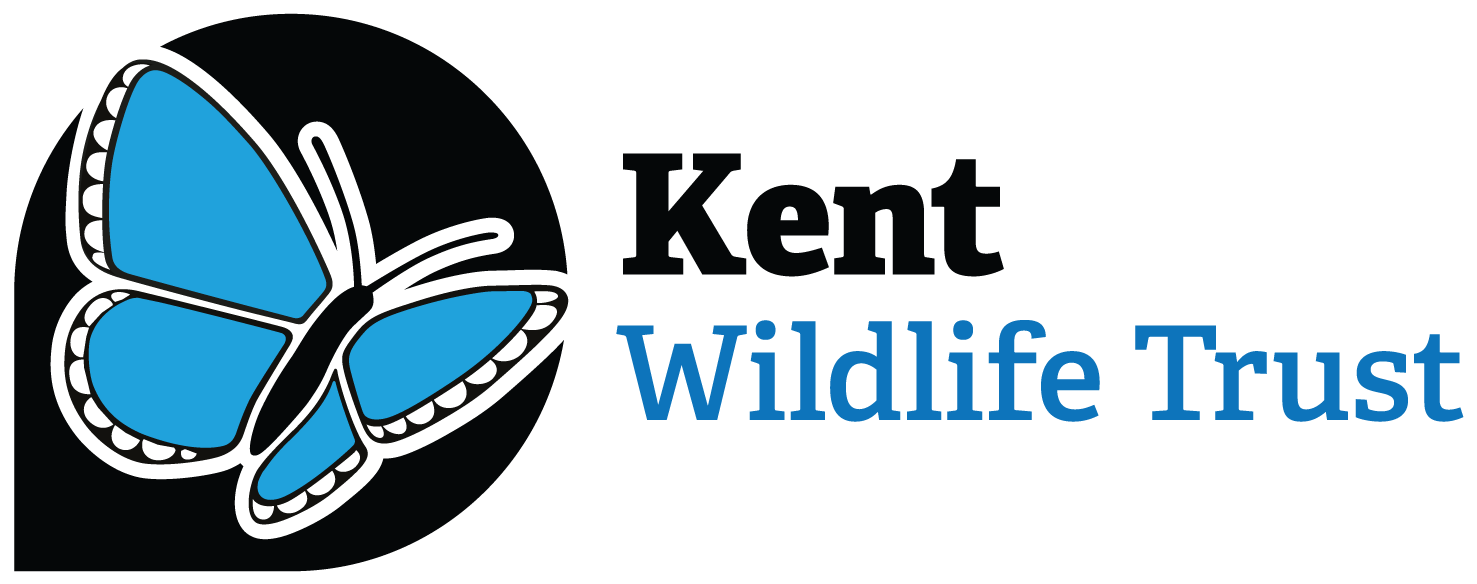The project, entitled – ‘Dover Castle: On the defensive’ – will be delivered in partnership with English Heritage from February, with funding from the government’s Coastal Revival Fund.
The charity will work with community volunteers to clear scrub and maintain fenced areas for grazing sheep within the castle grounds. The project aims to enhance chalk grassland habitats, help local wildlife flourish and restore the natural heritage of Dover Castle.
Dover is renowned for its chalk grassland, which provides an important habitat for insects, such as the Adonis Blue butterfly. By grazing the grasslands, Kent Wildlife Trust aims to increase the diversity of wild flowers and associated insects; including butterflies, moths, bumblebees, grasshoppers and crickets. This in turn will benefit other species, such as birds and mammals that feed on insects.
Martin Randall, Head of Estates at Kent Wildlife Trust, said: “We are thrilled to receive this funding, which will help restore the natural heritage of one of the county’s most iconic sites.
“Chalk downlands and other grasslands have been in decline across the UK. This project is a chance to build on our previous work with Dover community and English Heritage to bring these important habitats back to life, so that we can all benefit from the incredible diversity of our local wildlife.”
Coastal Communities Minister, Jake Berry MP, said: “Thanks to £50,000 investment from the Government’s Coastal Revival Fund, Kent Wildlife Trust will be able to continue to protect the natural habitat around Dover Castle for the benefit of the local wildlife, the local community and visitors to Dover.
“Protecting our coastal heritage sites is important not only to enhance the area, but to encourage more tourists to stay longer and boost the local economy which is why we plan to invest nearly a quarter of a billion pounds in our Great British Coast by 2020.”
Historically chalk downlands and other grasslands of England were grazed with a mixture of cattle, sheep, goats and horses. Up to 90 per cent of our ancient semi-natural chalk grassland across the UK has been lost due to the intensification of modern agriculture, industrial development and urbanisation.
The project aims to get local people involved in the protection and conservation of Kent’s wildlife and volunteers from the Dover community will have opportunities to be involved in a variety of activities, from scrub clearance to checking the grazing herd.
